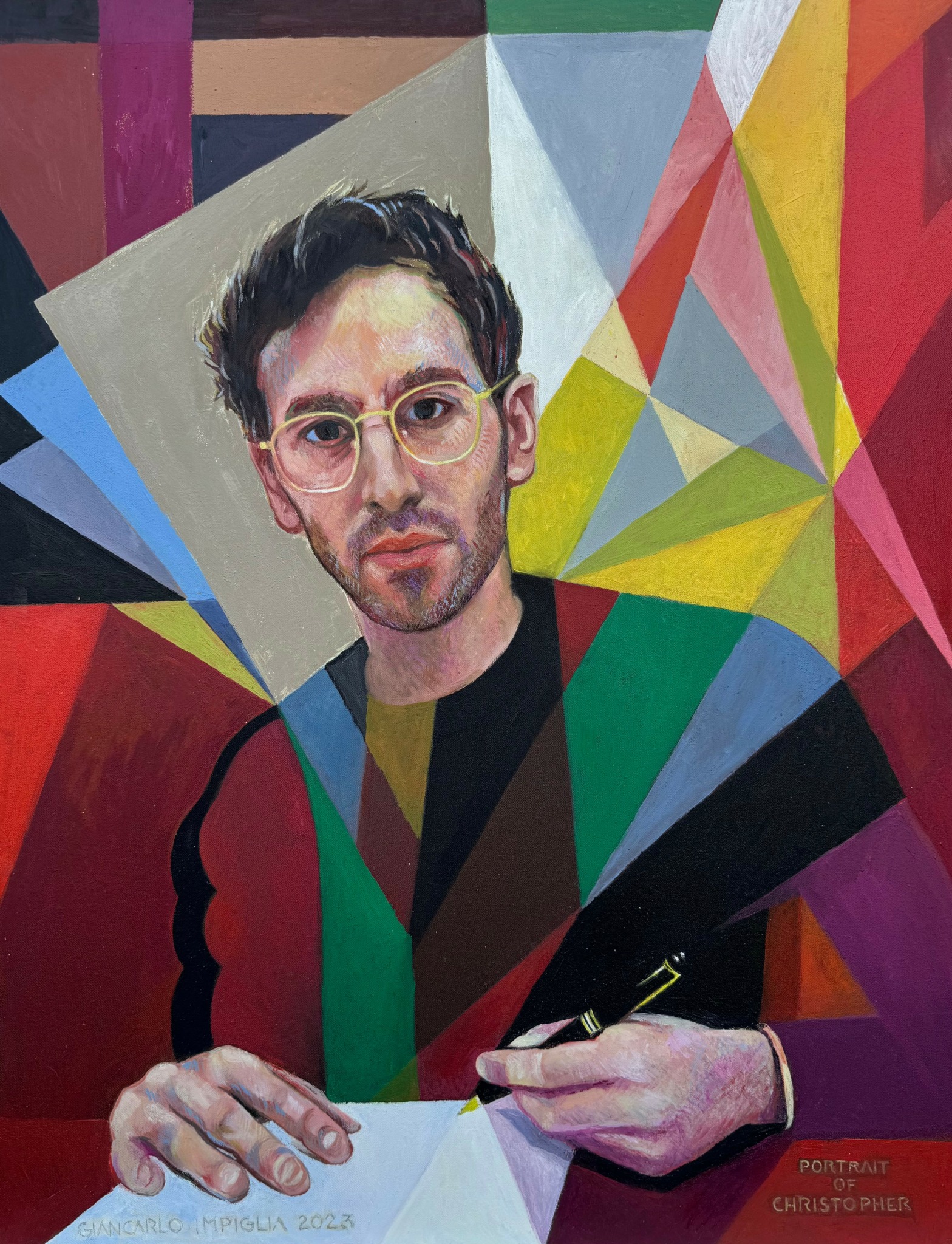We recently connected with Christopher Impiglia and have shared our conversation below.
Christopher, thanks for joining us, excited to have you contributing your stories and insights. Learning the craft is often a unique journey from every creative – we’d love to hear about your journey and if knowing what you know now, you would have done anything differently to speed up the learning process.
Learning is an endless pursuit. There will never be a time where you feel like you have “arrived,” or learned what you need to learn in order to succeed. This is especially true of writing, and understanding this will give you an appropriate and necessary level of humility. Confidence only hurts; one day you may feel like you’ve crafted the perfect piece, plowed through it with the ease of genius, that you can move on, pleased with yourself. But look back, and you’ll inevitably be disappointed. Every word, every sentence, must be approached with humility and doubt; you can always improve. Only when you’ve exhausted yourself in this exhausting and exhaustive process, improved upon endless improvement, spared only with the “feeling,” the gut-certain “knowledge” that you’ve come as close as you can possibly come to something good, spared, ideally, with publication, can you hope to look back with some level of satisfaction. This is how you learn to write, an appropriate metaphor for everything else: through nonstop dedication to the practice, which involves layer upon layer of lettering and thought. Reading is an extension of writing and any practice. Waste no time on mediocre “beach reads,” unless you want your own writing to be mediocre. Read more fiction. Read for pleasure as much as for learning. Everything will stand in your way, the industry, other people, yourself. Solve yourself, and at least you have a chance at solving the rest.
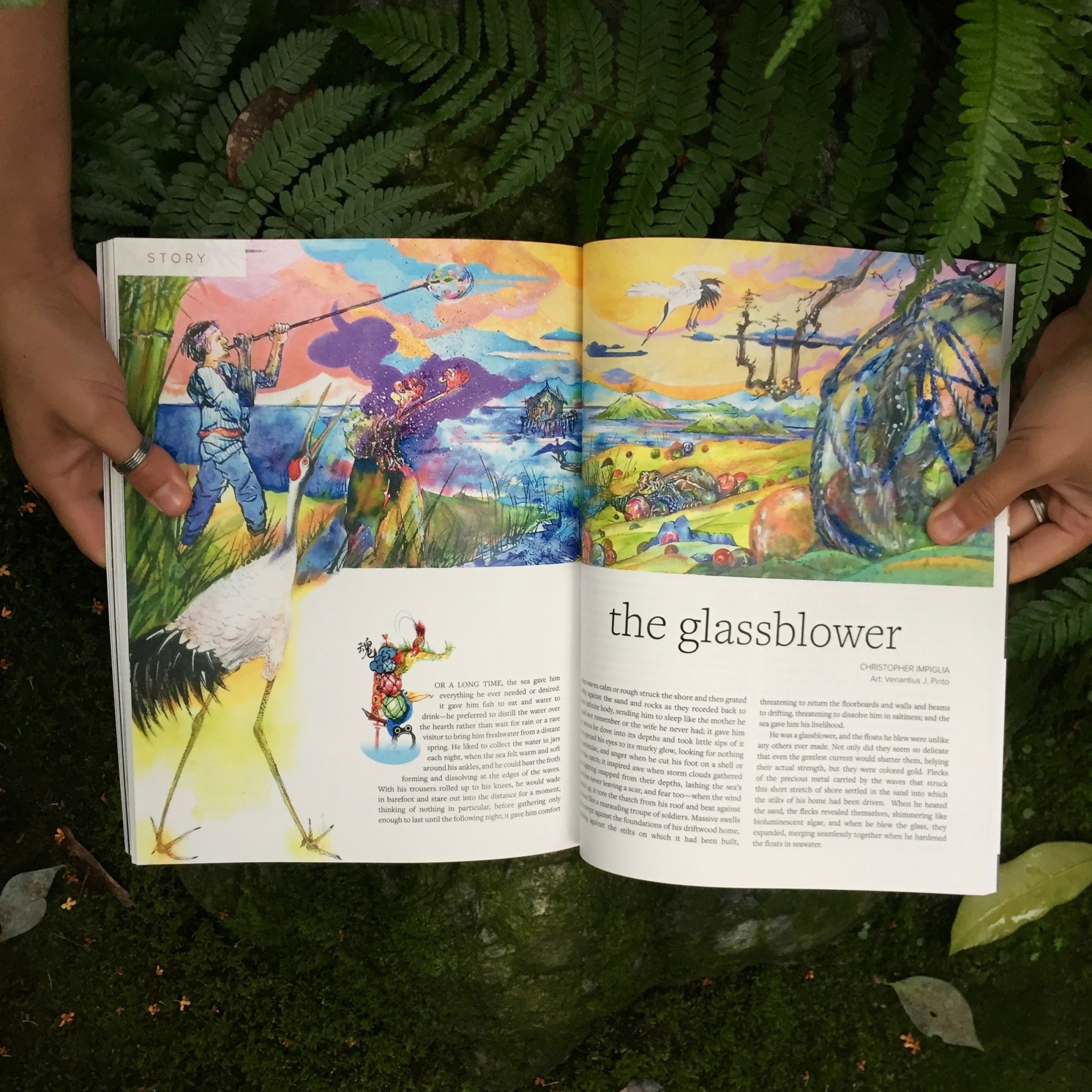
Great, appreciate you sharing that with us. Before we ask you to share more of your insights, can you take a moment to introduce yourself and how you got to where you are today to our readers.
I’m a writer of fiction, nonfiction, and poetry. I’m an editor specifically of fine art-related content, which has led me to work with numerous amazing artists, art foundations, galleries, and museums. I’ve worked on all kinds of illustrated books such as exhibition catalogs, monographs, and artist books. My love of fine art and design led me to found the creative studio Counterpoint Literary, where I hope to translate various practices into their book-embodiments. I’m also an educator. I have taught courses on Creative Writing and Critical Thinking, Reading, and Speaking at the Fashion Institute of Technology (FIT) and New Jersey Institute of Technology (NJIT). Before then, I taught courses on Sportswriting. To be a writer is to be many things. Not only to make a living, but to experience the life—the lives—that inform(s) the writing process. Beyond this, to express the inherent curiosity and passion that lies at the heart of it all, of any artist; it was perhaps inevitable to become all these things. I will inevitably become others. Curiosity, passion, and a compulsion to better understand myself, and thus the world around me, to tell stories and situations: these lead me onward.
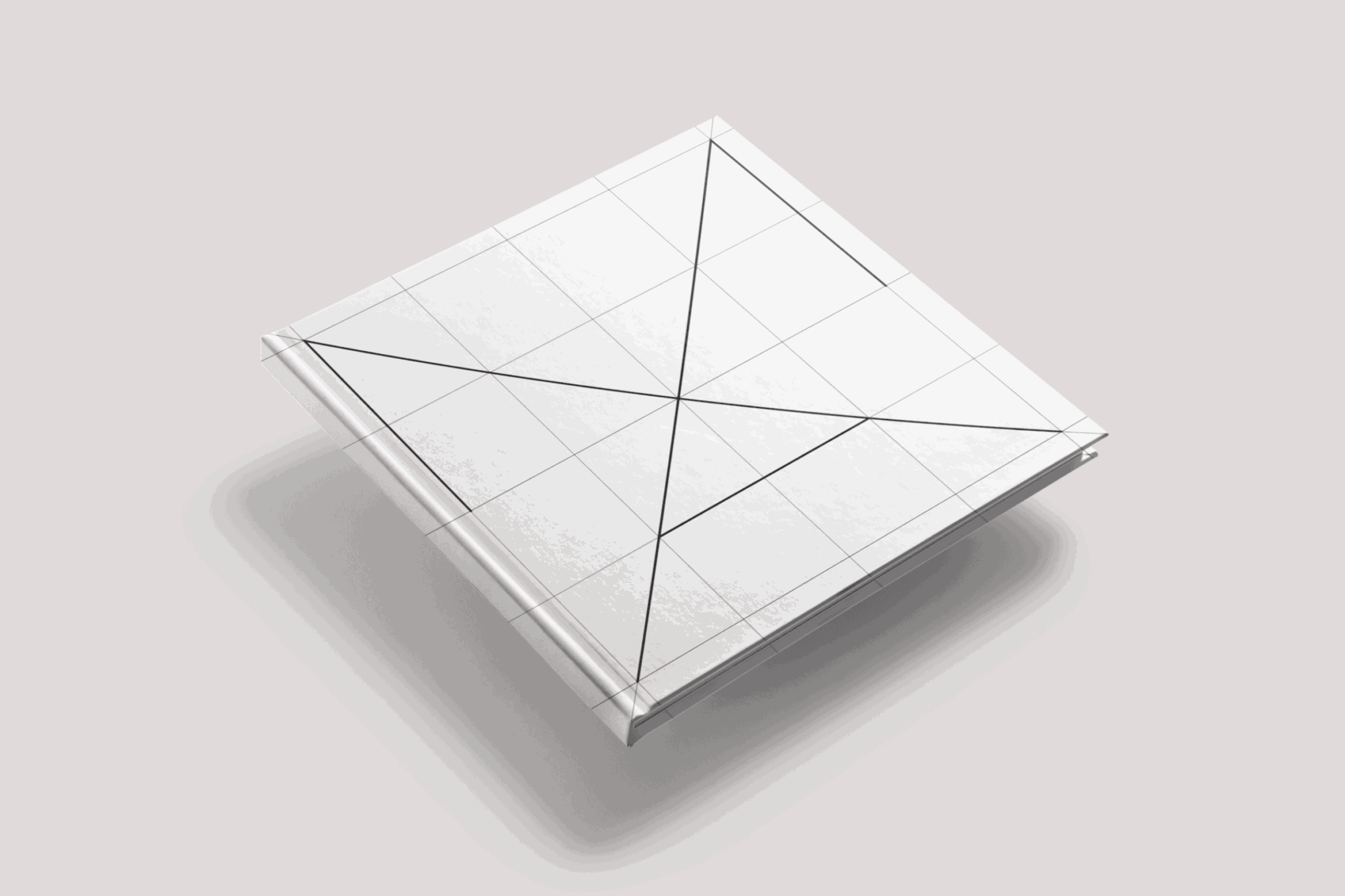
Do you think there is something that non-creatives might struggle to understand about your journey as a creative? Maybe you can shed some light?
Everyone is inherently creative. That’s the beauty of being human. Our consumer culture, however, has taught us that some of us are not creative. Those of us who are, meanwhile, are somehow less realistic or practical. “Why read fiction?” they ask, channeling greater society. Why look at—let alone practice—art, anything other than pure entertainment? The reality is that art—creativity—is the foundation of everyone and everything. Whether you’re building a business, making friends, or making money—or at least trying to—you must be able to create, to imagine structures, worlds, lives. To understand how things and people work, how people think. And that’s where art comes in. Without it, without fiction, not only is life not worth living—absolutely boring—but there can be no new realities, no businesses, friendships…. Society—civilization—comes to halt. Money becomes entirely irrelevant.
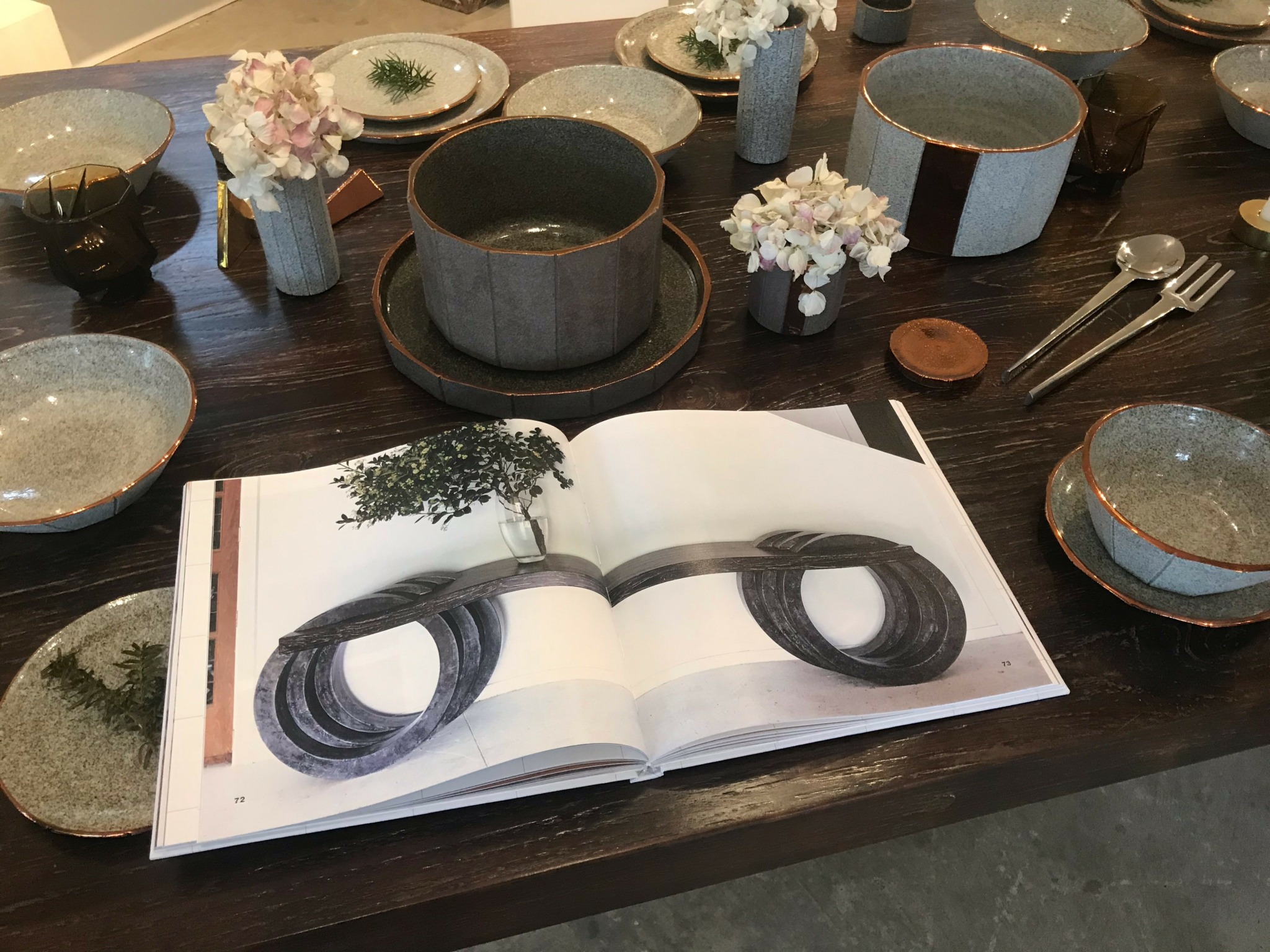
We’d love to hear a story of resilience from your journey.
Like most industries or perhaps any, the publishing world is cutthroat, hidden behind a veil of pretension. It’s transactional and inverted; the nature of gate-keeping keeps the writer at the very bottom of the totem pole despite them being the life-blood of the gatekeepers and the industry as a whole. Finding an agent is a horrible process (and it doesn’t need to be). Writers refer to it as “the trenches.” Some time ago, I managed to emerge from the trenches, beaten and bloodied, with a well-respected agent who seemed utterly in love with my queried novel. I was thrilled. I’d impressed not only a gatekeeper, but one who represented Nobel Prize-winning and bestselling authors. The first gate had been flung open. I was well on my way, surely! Unfortunately, they broke their promise. They strung me along for two years promising they would get to work unlocking the next gate. They never did. No reason. No referral. It was unprofessional, disrespectful, and it hurt. I’d been made to feel unworthy, like I’d failed, whereas I hadn’t. I’d done nothing wrong. I’d upheld my end of the bargain. The wound, however, is where the light enters, or so Rumi writes, and since then, I’ve not ceased to strive. The work remains. Eventually, it will find a home in some shape or form. Other works have followed; I’ve become a better writer and person. The trenches don’t bother me. I’ve survived them once. I’ll survive them again.
Contact Info:
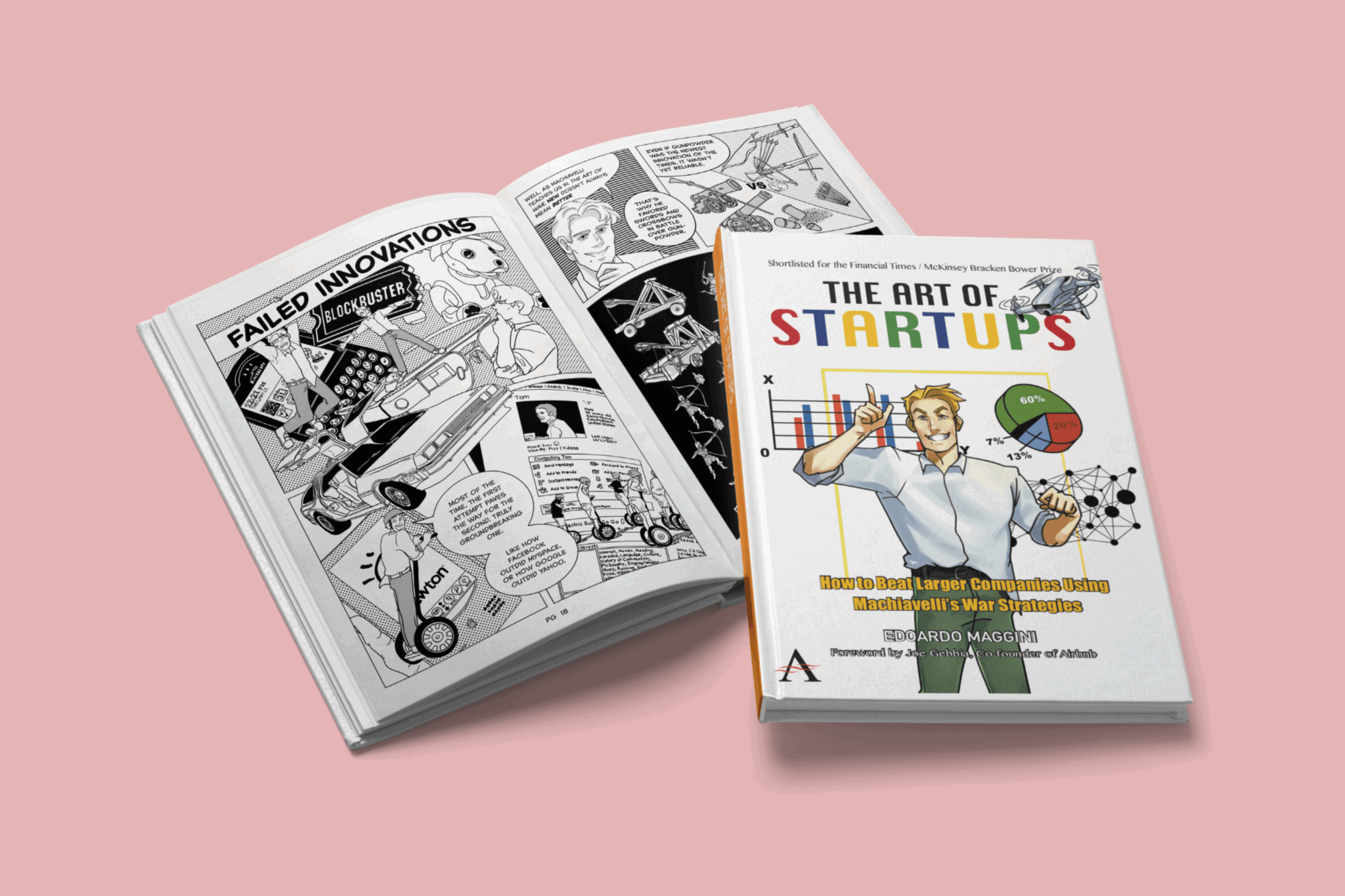
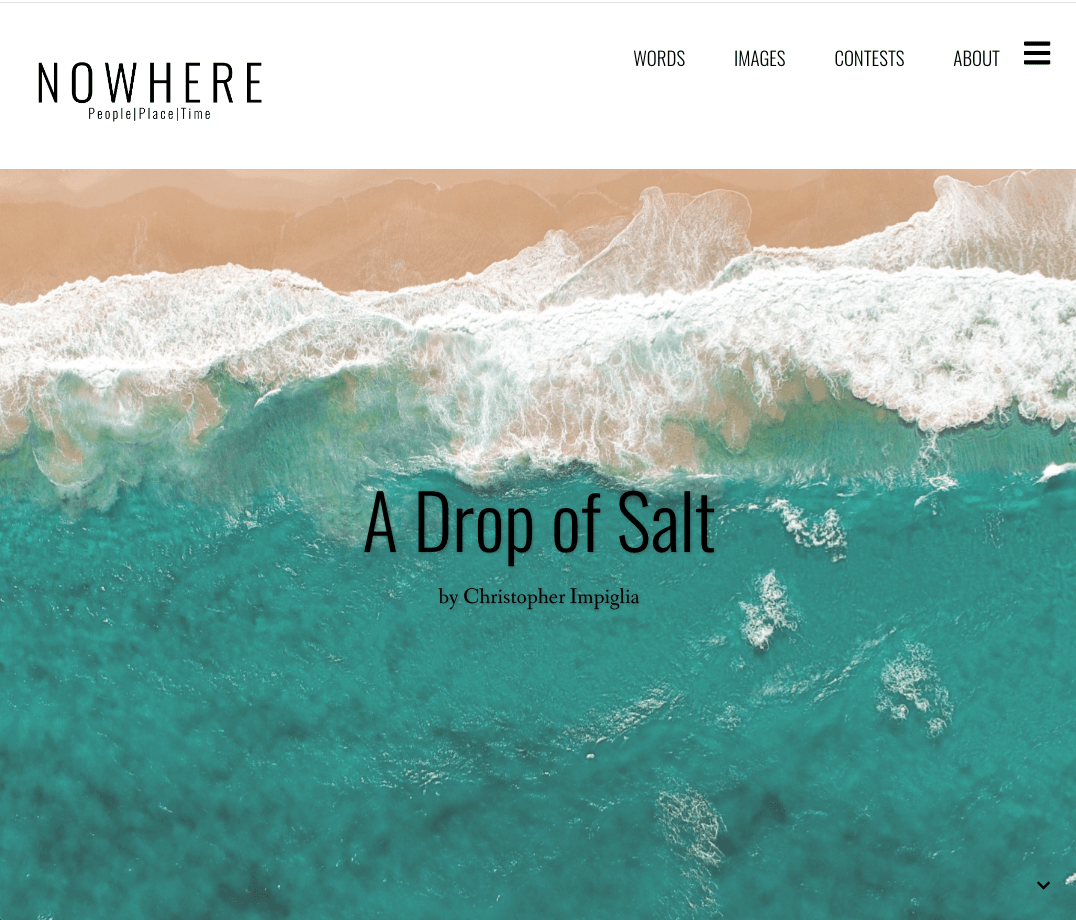
Image Credits
Portrait painting (c) Giancarlo Impiglia, 2023


